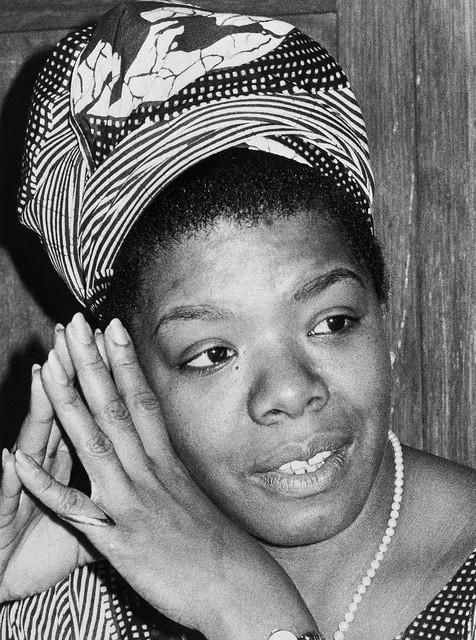As the minutes tick away, life is generating a narrative — a recording of our imprints made in this short journey on Earth. At times, the narratives seem to overpower us, sometimes engulfing us in uncontrollable ways. Sometimes the generated narratives ring unfamiliar — sometimes from our own doings and times from the misconceptions and dissonant perspectives of others. And these narratives — the uncontrollable narratives of others — can often render us silent, ashamed, angry, bewildered and seemingly voiceless.
As a writer and daughter of a writer, I understand the power of the narrative — the power of shaping our own stories and being the owner of our own destinies. I know that I come from a long line of folks whose narratives were supposed to be predetermined and who were able to, against all odds, write narratives that have rang inspiring for generations.
I am from the lineage of slaves whose identities were erased from the earth of their African lands, only to be written into a new society as three-fifths of a human being. They were served a plight of predetermined misery. Yet they ran, fought, rebelled, prevailed, and sang coded negro spirituals underneath the burning sun of American capitalistic beginnings.
I am from Sojourner Truth, the Black Moses, and Martin Luther King Jr. — people who had to unrequitedly write their narratives in the midst of hate and condemning circumstances. Their stories are homages to the fact that destiny is not prewritten, and, that in fact, no person has the ability to predict or predetermine anyone’s fate. Martin Luther King Jr. was assassinated, yet his narrative has lived and surpassed some of the character assassination he encountered during his time. He is now embedded into our society as a beacon of hope.
Luckily, the power of flawed human perception has been proven to not withstand the test of time above authenticity and universal truths. As a child, I remember public schools feeding me the narratives about pilgrims and indigenous peoples that essentially was United States propaganda. I remember watching elementary school teachers encourage stereotypes and the perpetuating of a narrative that would cause harm to the legacy of indigenous peoples. It is a narrative that has helped shape the racism that indigenous peoples still encounter currently. Yet, I’ve had Native educators, storytellers and others who continue to speak loudly above the silencing — shaping the narratives that speak the truth that mutes the encapsulating silence. Today, my daughter does not receive the pilgrim and “Christopher Columbus discovered America” history lesson.Truth prevails.
Maya Angelou’s “Still I Rise” is the perfect example of the power of writing our own narratives, as seen in the excerpt:
Out of the huts of history’s shame
I rise
Up from a past that’s rooted in pain
I rise
I’m a black ocean, leaping and wide,
Welling and swelling I bear in the tide.
As Angelou examines in the poem, overcoming shame is a big part of battling uncontrollable narratives that we often encounter in life. We feel shame when the perceptions do not match what we know to be true and when the messages about us counter to the authentic narratives. And as Angelou does in “Still I Rise”, it is important to understand that people are free to create any narratives about whoever they would like. There is sometimes nothing that can be done about these negative narratives except to keep living. However, like the words in “Still I Rise”, we have the power to focus on the one narrative that is in our control: our own
As a child, my father would have me hold out my hands:
“Hold out your hands,” he would say and ask, “What’s in your hands?”
“Nothing.” I would reply puzzled at the empty space in my palms.
“It’s your destiny. You hold your destiny in your hands,” my father would say.
So, in the darkness of the uncontrollable narratives of others that often render us silent, ashamed, angry, bewildered and seemingly voiceless, we should speak. We have to keep using our voices and writing our narratives, as we can only shape our destinies.
Originally published at medium.com


